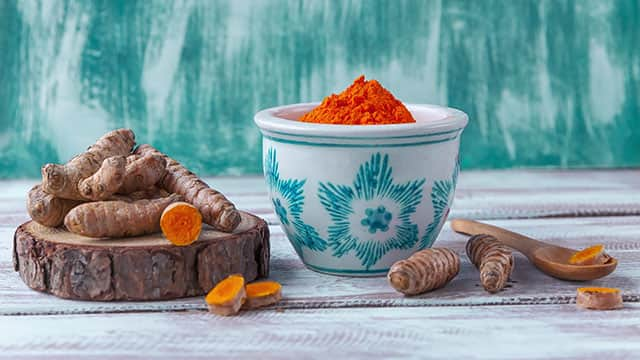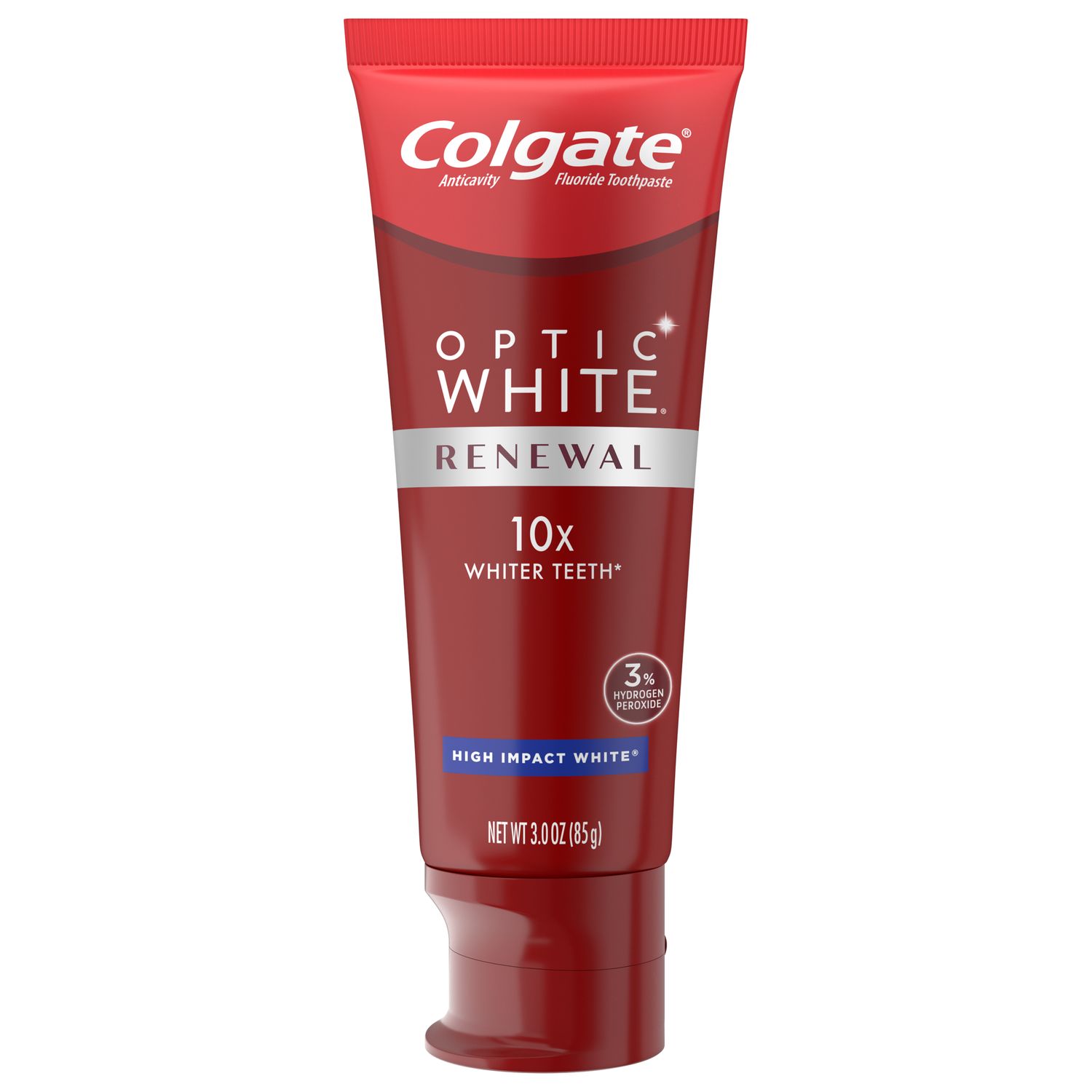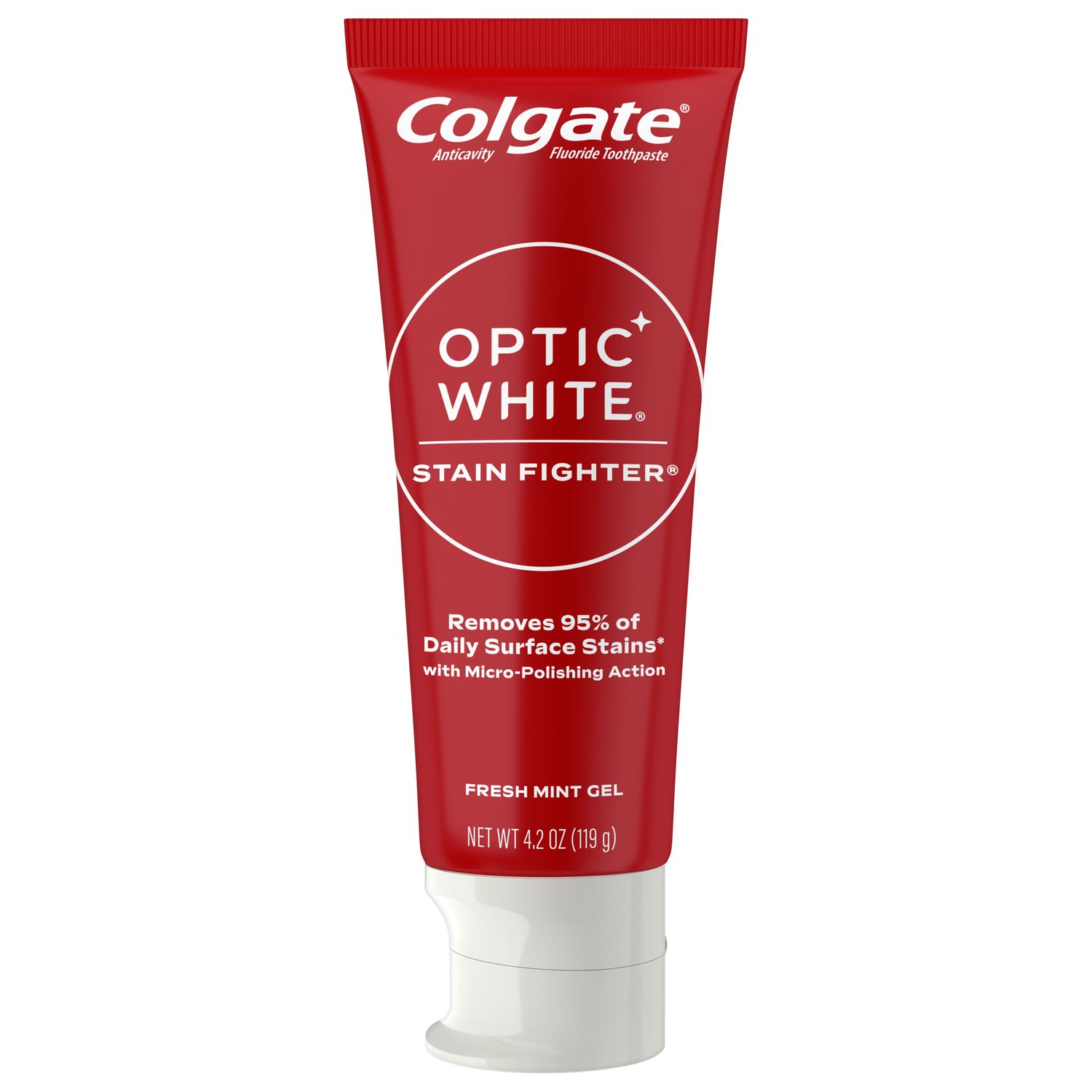What Causes Stained Teeth?
According to the American Dental Association (ADA), coffee, wine, and tea contain intense color pigments called chromogens that can alter the color of your tooth enamel (the outer layer of your teeth). Whitening products bleach that outer layer by breaking the stains into smaller pieces with hydrogen peroxide or carbamide peroxide.
Other potential causes of stained teeth include:
- Genetics (tooth discoloration can be hereditary)
- Aging
- Injury
- Illness
- Medications
- Tobacco use
- Fluorosis (when children are exposed to too much fluoride)
You can assess the best whitening product based on your need here
How Can You Whiten Your Teeth at Home?
There are various products available over the counter that can help you whiten your teeth at home.
- Whitening Toothpaste
Every toothpaste has abrasive ingredients that help remove stains from the surface of your teeth. However, there are whitening toothpastes that are specially formulated to polish and brighten your smile even more.
- Whitening Mouthrinse
Whitening mouthrinses contain bleaching agents that can help remove surface stains from your teeth if you use them regularly.
- Over-the-Counter Bleaching Products
There are whitening strips and gel trays you can purchase at local grocery stores and pharmacies that go beneath the surface stains and actually break up stains in your enamel.
- Dentist-Prescribed At-Home Whitening
Whitening agents prescribed by your dentist have higher concentrations of hydrogen peroxide or carbamide peroxide than what you can find over the counter, but still less than if you have an in-office treatment. Ask your dental professional if this option is right for you. They may prefer to administer higher concentrations safely in their office.
How Can Your Dental Professional Help You Whiten Your Teeth?
If you’re looking for a more immediate and effective whitening solution than over-the-counter options, you might consider a professional whitening at your dental professional’s office. They'll be able to safely apply a higher concentration of hydrogen peroxide than what is in over-the-counter products.
- Dental Supervision
When you go in for a professional whitening procedure, an examination will be done to ensure that your gums and teeth are healthy enough for the treatment and that you're not at risk of any adverse effects. They'll also check to see if you have any crowns or veneers that don't need to be whitened.
- Stronger Whitening Agents
Your dental professional will be able to use a higher concentration of whitening gel than what you can use at home, and they can monitor you while you undergo the procedure. For some people, tooth whitening gel can cause temporary sensitivity, and your dentist can take precautions to ensure the soft tissues of your mouth are not irritated.
- Faster Results
Because the concentration of professionally applied whitening gel is stronger than what you'd get in at-home whitening products, you'll notice the results are visible immediately rather than several weeks after daily applications.
How Can You Prevent Stained Teeth?
The best way to prevent stained teeth is to minimize beverages that can cause discoloration and avoid tobacco products. If you take a medication that can cause tooth discoloration, speak to your healthcare professional to find out if it's possible to take a different medication. And always be sure to practice good oral hygiene:
- Brush at least twice a day.
- Brush after eating meals or drinking coffee, black tea, or red wine. After eating or drinking, if you don’t have access to a toothbrush, rinse your mouth out with water.
- Floss or clean between your teeth with interdental brushes or water flossers at least once a day.
- Use an antimicrobial mouthrinse and a tongue scraper.
- And be sure to see your dental professional for regular checkups.
You only get one set of natural teeth, so it makes sense that you'll experience some discoloration over the course of your life. But that also means it's important that you do what you can to practice good oral hygiene. Discoloration can be reversed, severe gum disease and tooth loss can not. We wish you the best of oral health on your journey. Happy brushing!
This article is intended to promote understanding of and knowledge about general oral health topics. It is not intended to be a substitute for professional advice, diagnosis or treatment. Always seek the advice of your dentist or other qualified healthcare provider with any questions you may have regarding a medical condition or treatment.
ORAL HEALTH QUIZ
What's behind your smile?
Take our Oral Health assessment to get the most from your oral care routine
ORAL HEALTH QUIZ
What's behind your smile?
Take our Oral Health assessment to get the most from your oral care routine















